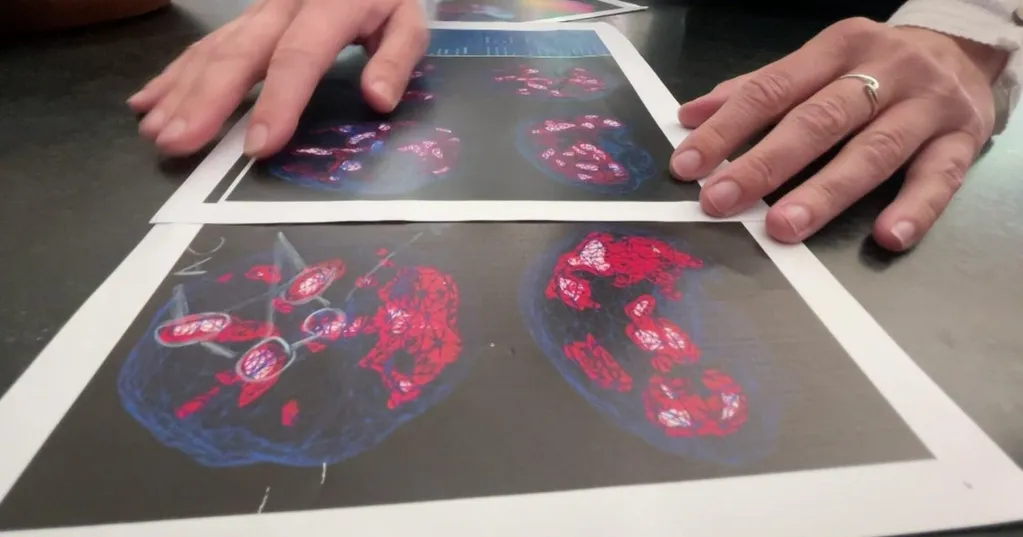LOOMIS - The Del Oro High School girls softball team just wrapped up one of its most successful seasons ever, finishing third in the state.
But the team's biggest win didn't happen on the field. It came from a bold decision to give up their smartphones for an entire month.
The challenge started as a typical back-and-forth between sophomore Addy Christiansen and her mom, Jennifer, over screen time. But this time, the conversation sparked something bigger.
"I was having my daily argument with her about getting off of her phone and the lightbulb kind of went on," said Jennifer Christiansen. "And I was thinking, what if this became two-fold?"
The team had been fundraising to install new lights on their softball field, so Jennifer pitched an idea to Addy and the entire team to ditch their smartphones and switch to flip phones for a month. No apps. No social media.
"I instantly said, 'No, let's not, that's not a good idea,' " Addy said. But the team eventually agreed.
The month-long digital detox led to a fundraising campaign that caught the eye of the San Francisco Giants, who donated signed gear for an auction to help fund the new field lights.
Jennifer was amazed by the team's commitment to the idea.
"When all 27 girls came up on stage that night and put their phones in the lock-up box, and the way they did it, it actually brought me to tears," she said. "I did not foresee 100% participating."
Addy and Jennifer took the challenge even further. With help from the Amen Clinic in Walnut Creek, she underwent a brain scan before and after the detox to see how a break from digital life might impact a teenager's brain.
Addy's post-detox scan showed increased blood flow to parts of the brain tied to decision-making and impulse control. Her test scores and retention also improved. But doctors noticed something else: signs of withdrawal similar to what might be seen in someone coming off a drug.
UC Davis professor Drew Cingel, who studies the effects of media on youth, said the results aren't surprising.
"It does not terribly surprise me that this brain scan on this one adolescent female shows changes in the brain as a function of stopping usage for a month," Cingel said.
During a post-detox discussion with the team, reactions were mixed. Some players said they felt "freer" and more connected to people around them. Others admitted feeling irritable, stressed, or anxious without their phones.
"They haven't learned how to self-regulate," Cingel explained. "It's really easy when you're bored or anxious. You pick up your cell phone and see what's happening. And when that's taken away, if you haven't developed self-regulation, you're kind of adrift."
While doctors at the Amen Clinic noted this was just an experiment and not a controlled study, they found the results intriguing.
Meanwhile, the Del Oro girls kept winning. They advanced all the way to the Sac-Joaquin championship game, making many wonder whether their new mindset played a role.
